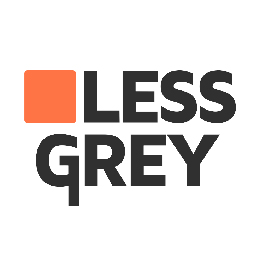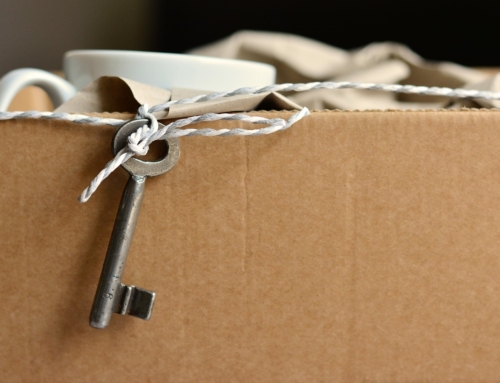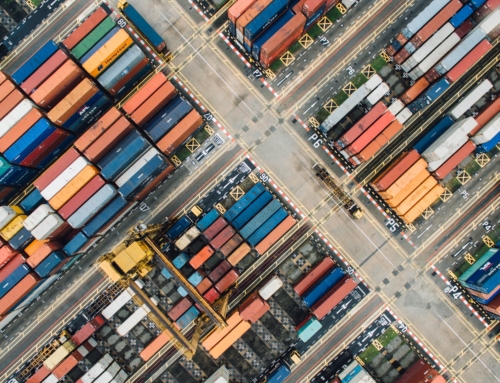The recipe for successful VAT refunds
Some trends I find hard to understand. If you open a cookbook nowadays, you first get pages of information about the country, the culture and the background of all the ingredients you might need before you get to see any of the real recipes. I am still of the generation that I just want to read: "You need 1¼ litres of broth (tablet) and you put in 1 onion, 60 grams of butter, 300 grams of risotto rice, 100 ml of dry white wine and 75 grams of Parmigiano Reggiano. Ready!"
The fact that the rice comes from a hillside in the north of the Po Valley in Italy (also called "il paesaggio delle acque" by the locals) and has been cultivated there by simple, Italian farmers, who are romanticised in the film Riso Amaro by the actress Silvana Mangano, in short tight trousers and torn tights, is of no interest to me. At least, not when I am standing in the kitchen, wondering how long I have to stir everything together.
VAT is like a cookbook
As far as I am concerned, the same applies to VAT. When a businessman has a question, he wants an answer. Unfortunately, there are not many advisers who always understand that. How often does it happen that an entrepreneur asks a question and then, after a few weeks, receives a long memo with all the rules, case law and background information and finally a 'conclusion' with three options from which he must choose. Recognisable? Hopefully not.
Look, on the other hand, it cannot always be avoided. Sometimes VAT rules are a little unclear or leave room for interpretation. It is important that an entrepreneur knows these nuances and makes decisions based on them. An advisor is nothing more than that: someone who gives advice. But a good adviser does provide a clear explanation and anticipates the decision that the entrepreneur must or can take.
Clear recipe for the VAT refund
As an entrepreneur, you need clarity. Fortunately, some VAT questions do have simple answers. For example, when it comes to reclaiming VAT on (foreign) expenses. This is often not the sexiest subject for many entrepreneurs, but certainly in these times every VAT refund is a nice bonus.
For there is much to say about the year 2021, but the VAT rules for reclaiming VAT have not changed. And although the number of (foreign) trips and attendance at events was a lot less than in other years, the VAT on travel and accommodation costs are still costs that you, as an entrepreneur, do not have to forgo.
The ingredients make the dish
There are various service providers who can help with this and the approach does not seem to differ very much. The receipts and invoices that the entrepreneur and her employees have received and kept themselves form the basis of the refund application. These are processed, often automatically, after which the refund application is submitted. The local tax authorities process the application and, after possibly asking additional questions, refund the VAT.
However, there are big differences in the approach and elaboration. The dish is the same, but the ingredients may vary in quality.
Supermarket or greengrocer?
To avoid as many questions as possible from the tax authorities, a qualitative check of the receipts and invoices is important. Automation helps, but even with the best OCR techniques and software that extract all relevant elements from the scanned receipts and invoices, a qualitative and often manual interpretation is required. It is, after all, unprofessional and even punishable to deliberately and intentionally use faulty invoices to claim a VAT refund. Not only will a refund claim be refused, but fines can also be imposed.
When choosing a service provider for recovering VAT, the following considerations are necessary:
- Does the service provider have the technical means to process (large volumes of) invoices?
- Is this automation able to classify and process invoices correctly?
- Can it quickly and effortlessly read and process information and documents from the ERP or expense processing system?
- What qualitative checks are carried out?
- How and by whom will any questions from the tax authorities be answered?
- Does the entrepreneur have insight into the process and if so, how?
Most service providers will answer 'yes, we can' to the above questions. But there are certainly differences.
Engineering
Reading and recognising an invoice requires intelligent OCR software. But it also requires the ability to translate and compare the information on the invoice with over 2,000 VAT rules that apply in the EU. Especially when processing large quantities of invoices, it is necessary to use good technology and automation.
Quality processing
The VAT specialist also makes a difference in qualitative processing. A robot can automatically process large quantities, but even the smartest machine will not be able to qualitatively assess all invoices. For example, because there are several lines on an invoice, because the description is not clear or because the tax authorities always have additional questions or want extra information for certain types of costs.
In particular, the latter can only be overcome by having the invoices and the refund requests checked by someone who has real experience with VAT. Anyone can send a pile of receipts to the tax authorities and hope that the VAT claimed is accepted. But really good service providers ensure a fair and quality request. It is also important to anticipate possible questions from the tax authorities.
Fewer questions and a smooth process
Ultimately, this results in fewer questions from the tax authorities and an easier process in subsequent years, because the service provider is seen by the tax authorities as a reliable partner. Of course, this also applies to you, the entrepreneur.
Transparency in the process, the way of working and the communication with the tax authorities is important. As an entrepreneur, you want control and insight into your own VAT position, including the refund requests submitted on your behalf and the communication that takes place on your behalf with the local tax authorities.
Do you miss out on VAT?
VAT on expenses always remains an underexposed part of the VAT function. In some cases the VAT specialist or the finance department is not even involved in processing and accounting for the reimbursement of staff expenses. A simple sample or analysis of the type of expenses and the VAT amounts can give a first impression of the VAT you are missing.
My advice is to look into this or have someone look into it. That event or meeting at the foreign location can easily generate a few hundred Euros in foreign VAT. It is a shame to let it go to waste.
I would like to take a look with you. Not necessarily to discuss the origin of the rice, but to explain our recipe for VAT refunds.
Bas de Koning is a VAT partner at Less Grey, specialising in indirect taxes.



